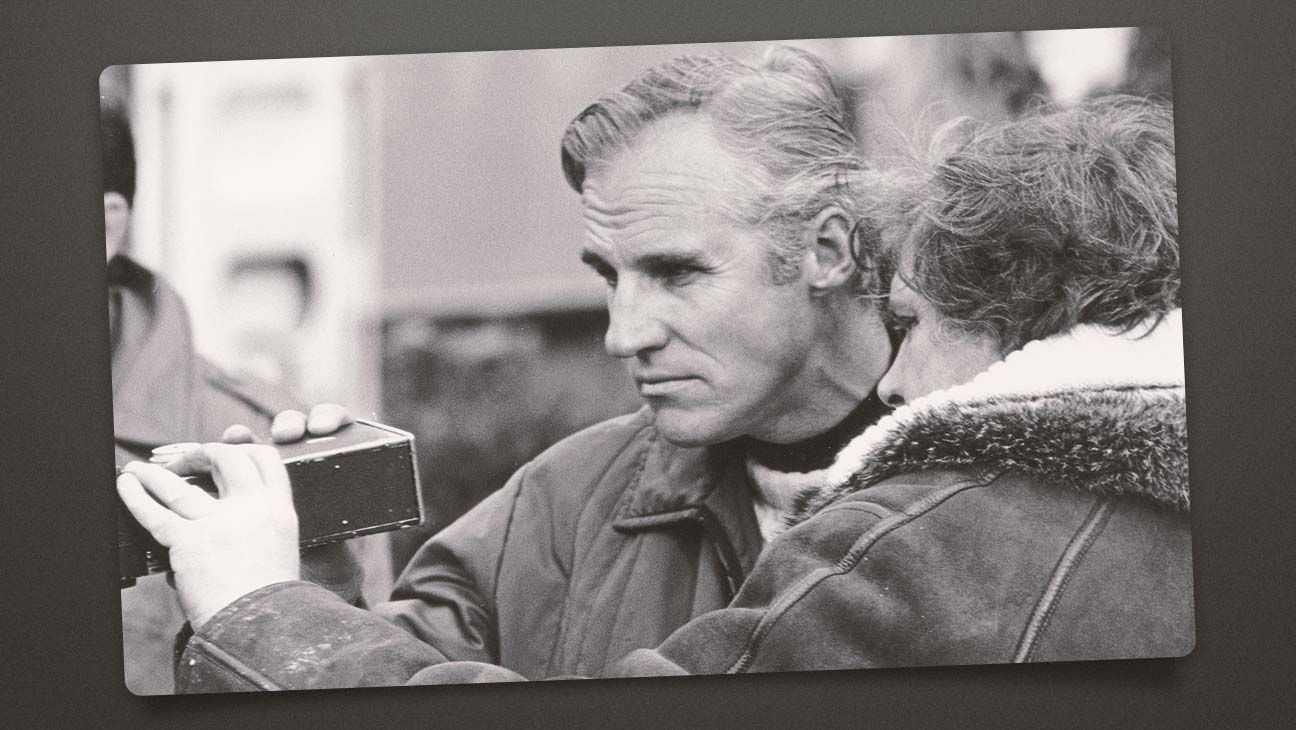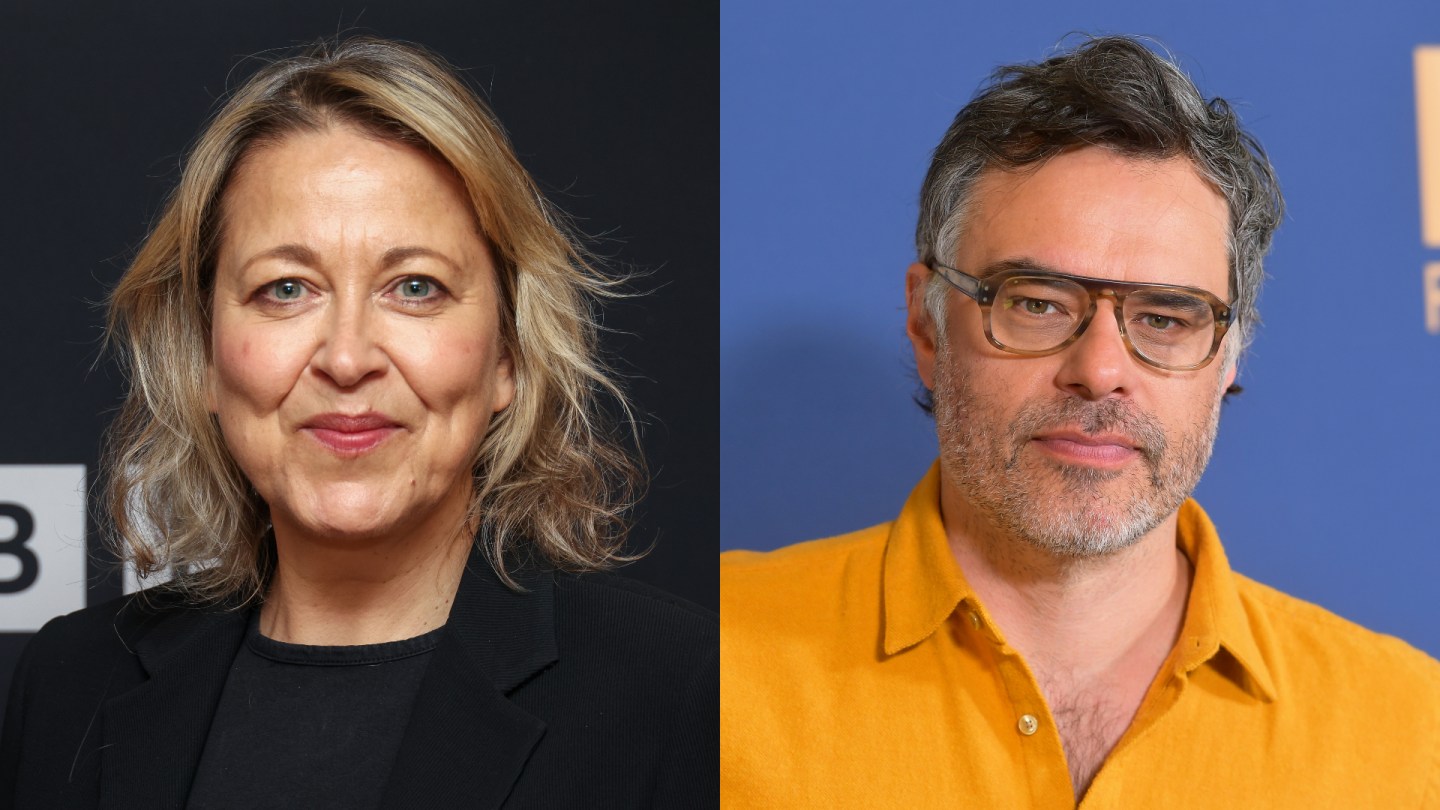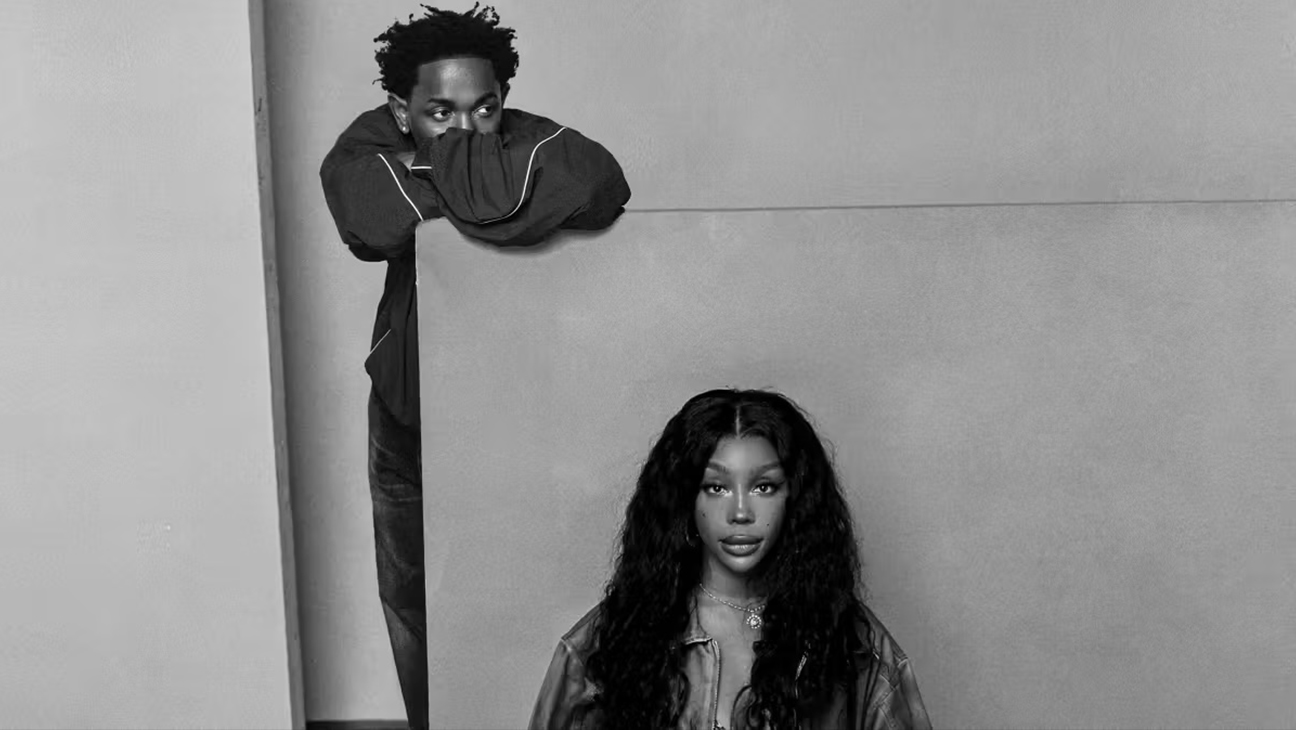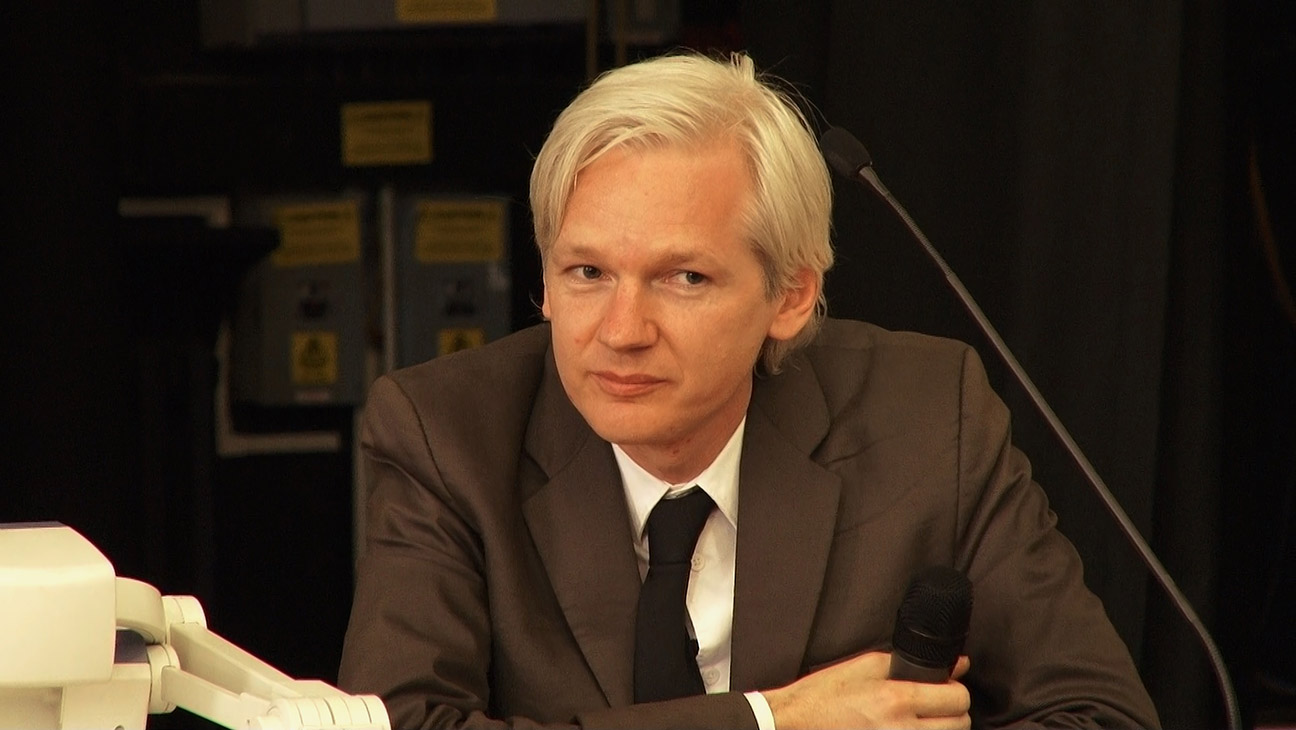
Billy Williams, the esteemed British cinematographer who shared an Oscar for shooting Gandhi and also was nominated for his work on the Glenda Jackson-starring Women in Love and Henry Fonda‘s final film, On Golden Pond, has died. He was 96.
Williams’ death was announced in British Cinematographer magazine. No details on the cause of death were provided.
“With deep sorrow, we bid farewell to Billy Williams – an outstanding British cinematographer, laureate of the “Golden Frog” for exceptional achievements in the art of cinematography at the Camerimage Festival in 2000,” tweeted the official X account of Camerimage, the Poland-based film festival dedicated to cinematography.
Williams also served as the director of photography on John Milius’ The Wind and the Lion (1975), Stuart Rosenberg’s Voyage of the Damned (1976), Martin Brest’s Going in Style (1979) and Peter Yates’ Suspect (1987).
The London native received an early career break when he was hired for Ken Russell’s Billion Dollar Brain (1967), the third film in the Michael Caine-starring Harry Palmer spy series, and he reunited with the demanding director on Women in Love (1969) and The Rainbow (1989).
“I was soon to learn working with Ken Russell that he was likely to ask for the sort of thing that hadn’t been done before, and there was no such thing that it couldn’t be done,” he said in a comprehensive 2003 Web of Stories interview. “You had to find a way of doing it. It was a great challenge.”
After shooting the Iraq scene for William Friedkin‘s The Exorcist (1973) and The Wind and the Lion in brutal conditions in Spain, Williams found himself tested again on Richard Attenborough‘s Gandhi (1982), with many sequences filmed on location in India.
“It was obviously very hot and dusty, and traveling was not easy,” Williams recalled in 2020. “It was a tough schedule. We would leave at seven in the morning and get back at eight at night, then watch the rushes on a mobile protector. But it was an intensely rewarding film and satisfying to be involved in because here’s somebody who really changed history.”
After studying hours of newsreel footage of activist Mahatma Gandhi, Williams had to leave the production after about six weeks for treatment in the U.K. for a slipped disc. He suggested Ronnie Taylor replace him (Taylor had worked with Attenborough as a camera operator on 1969’s Oh! What a Lovely War and 1972’s Young Winston and with Williams on The Wild and the Lion).
The first scene Taylor photographed was the re-creation of Gandhi’s 1948 funeral that featured 400,000 extras.
Williams returned after four weeks in recovery but encountered the same problem again, so he left and Taylor came back. He said it was the only two times he had ever left a movie.
“Billy and I did about 10 weeks each on the picture,” Taylor told British Cinematographer magazine. “Richard Attenborough decided that if there were going to be any nominations, that Billy and I should share the credit.”
Gandhi, made for about $22 million and shot in 35mm anamorphic, received 11 Academy Award noms and won eight trophies, including those for best picture, best director, best actor for Ben Kingsley and best cinematography (Williams accepted his prize on Oscar night, with Taylor unable to leave work on Champions).

Billy Williams with actor Ben Kingsley on the set of Gandhi (1982)
BSC Archive/Courtesy of British Cinematographer Magazine
After finding out he was hired for Gandhi, Williams departed for New Hampshire to shoot On Golden Pond (1981), starring Fonda, his daughter, Jane, and Katharine Hepburn. When director Mark Rydell didn’t know how to film a birthday party for Fonda’s Norman Thayer, Williams had an idea.
He suggested they “put the camera on a track and start by the kitchen area,” he said. “Kate [came] out of the kitchen with these 80 candles burning, so we’ve got this lovely warm light glowing onto her face, and we track with her for a little while and then let it go past her so we’ve followed on her back and we reveal the dining area with the others waiting for her. She joins Henry Fonda who makes a little speech about the joys of becoming 80, and then they all lean forward and help him blow out the candles.
“The camera tilts down, they blow out the candles and it goes dark and that’s the cut and it worked beautifully. We didn’t do a single cutaway.”
Williams was born on June 3, 1929, in Walthamstow, London. His father, Billy Sr., was an intrepid cinematographer who filmed the surrender of the German fleet at Scapa Flow in Scotland in 1919, then worked on documentaries.
During World War II, Williams left school when he was 14 to become his dad’s assistant. “He was a very hard taskmaster, everything had to be done just right,” he recalled. “Of course, the camera had to be looked after like a baby. It was so precious.”
In 1946, he traveled to Kenya and Uganda with his father, who was then shooting for the Colonial Film Unit.

Billy Williams at age 8 with his father’s Vinten Model H 35mm camera
BSC Archive/Courtesy of British Cinematographer Magazine
Williams served as a photographer with the Royal Air Force for two years, then worked as an assistant cameraman for British Transport Films, shooting documentaries about docks, railways and the Queen Mary. He saved up to purchase his own Arriflex camera, did commercials and eventually made his feature debut on the black-and-white, sound-effects comedy San Ferry Ann (1965).
When older cinematographer Otto Heller (The Ladykillers, Alfie) refused to take a medical exam to be insured for Billion Dollar Brain, which was going to be filmed in frigid Finland, producer Harry Saltzman turned to Williams, who had done commercials for Russell.
For Alan Bates and Oliver Reed’s memorable naked wrestling scene in Women in Love, Williams and Russell decided to “go for a very strong color effect like the color of firelight, which is very orange,” he said in David A. Ellis’ 2012 book, Conversations With Cinematographers. “I filtered all the lamps to be the same color as the fire and created a flickering effect.”
Williams’ résumé also included Ted Kotcheff’s Two Gentlemen Sharing (1969), John Schlesinger’s Sunday Bloody Sunday (1971), Michael Anderson’s Pope Joan (1972), X, Y and Zee (1972), Kid Blue (1973), The Silent Partner (1978), Eagle’s Wing (1979), Boardwalk (1979), Monsignor (1982), Yates’ Eleni (1985), The Manhattan Project (1986), Stella (1990) and Driftwood (1997), his final film.
A four-time BAFTA nominee, Williams served as the president of the British Society of Cinematographers from 1975-77 and taught cinematography at the National Film Theatre starting in 1978.
He received lifetime achievement honors from Camerimage in 2000 and the British Society of Cinematographers in 2006 and was awarded the Officer of the Order of the British Empire in 2009.
“I feel I have been very lucky to have had a career in filmmaking, which has been the most satisfying, rewarding, exciting job I can imagine,” he said.
#Gandhi #Golden #Pond #Cinematographer





